Oxidative Stress in Plants: Causes, Consequences and Tolerance
Oxidative stress is a central factor in a number of biotic and abiotic stress phenomena that occurs when there is a serious imbalance in any plant cell compartment between the production of reactive oxygen species (ROS) and antioxidant defense, leading to physiological and metabolic changes. The presence of high concentration of ROS in cells causes oxidative damage to photosynthetic functions and vital bio-molecules, and disrupt cellular metabolism. Thus, it is important for plant cells to have tight control on the concentration of ROS. Plants possess to a variable extent antioxidant metabolites, enzymes and non-enzymes that have the ability to detoxify ROS thus, to protect the photosynthetic- and cellular functions against ROS-caused oxidative stress and to maintain optimum growth, development and productivity under changing environment. The current volume mainly elucidates major recent advances through physiological and molecular studies on the aspects of the causes, consequences of oxidative stress and also discusses and suggests potential strategies for enhancing tolerance to oxidative stress in detail in the light of recent advances in molecular biology.
Get it now and save 10%
BECOME A MEMBER

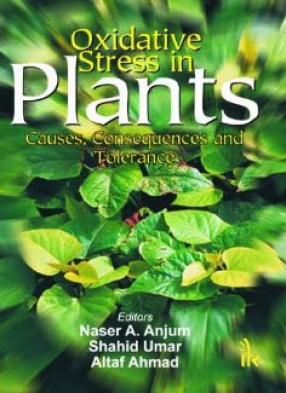
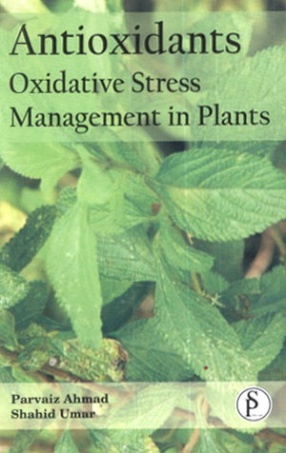


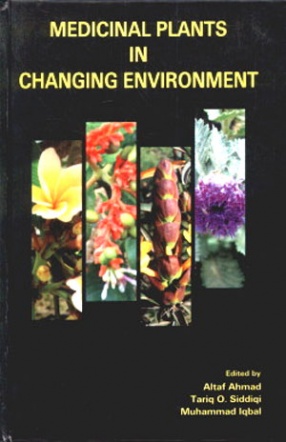
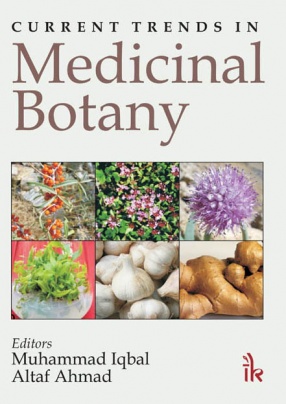
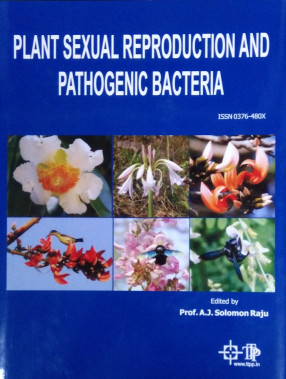
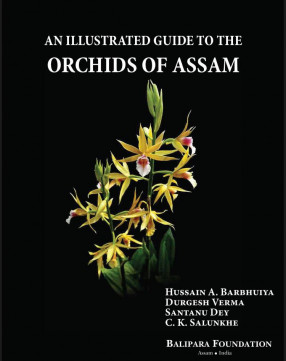

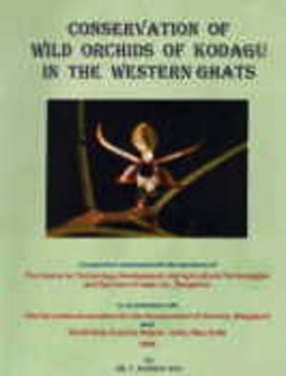

Bibliographic information
Shahid Umar
Altaf Ahmad